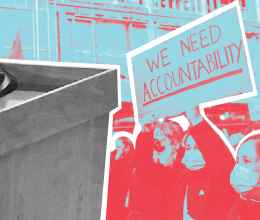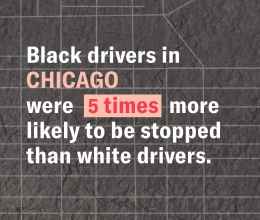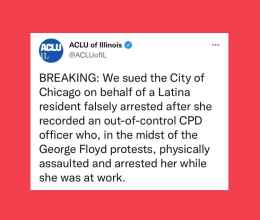
Earlier this evening, the Chicago Police Department filed a report with the federal court overseeing a consent decree aimed at improving systemic problems in CPD, problems that were detailed in a January 2017 Department of Justice comprehensive review of the Department.
In response, Nusrat Choudhury, legal director at the ACLU of Illinois, issued the following statement:
“The Chicago Police Department’s (CPD) report on its actions concerning the policing consent decree confuses activity with accomplishment. It counts as success the number of pieces of paper submitted to the Monitor and others about police reform and the number of hours spent in meetings. That is not success. The City’s broken policing will only change when CPD truly incorporates into policy and practice in the neighborhoods the views of those most impacted by policing that is unfair and hurts Black and brown communities.
It is especially perplexing that CPD talks about the number of hours of meetings with community working groups on use of force and police in schools. The report leaves out that CPD rejected dozens of carefully researched and considered policy recommendations through a press release issued a few minutes after a use-of-force working group meeting. In other words, Chicago police held meetings with community members and then ignored the substance. CPD also rejected community requests to include input from young people in its outreach on police in schools. And the City has entirely failed to engage with the coalition of community organizations that have repeatedly sought to discuss solutions to the well-documented problem of police raiding the wrong home.
The CPD report wholly fails to acknowledge the reality of Chicago’s policing in the past year, including police use of tear gas and baton strikes against protesters and systemic raids on wrong homes, which brutalize and stigmatize Black and brown communities. The report and practices on the ground show that CPD is not moving fast enough to grapple with its abuses and live up to the consent decree's promise of fair and impartial policing.”



